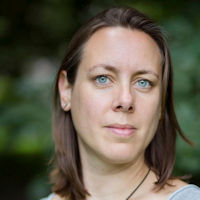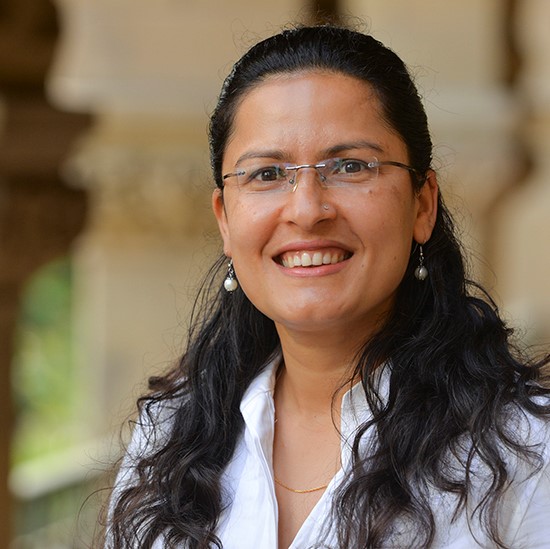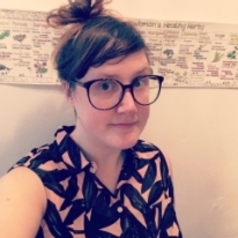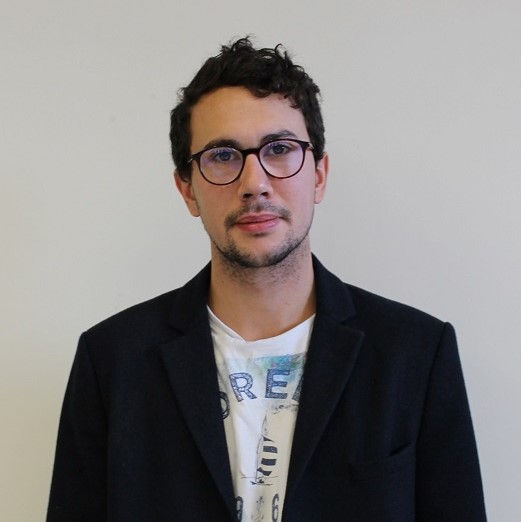
Participatory Approaches and Community Accountability in Civil Society and Justice Research
This online workshop has been organised by the Security, Conflict and Justice (SCJ) Pathway and the Civil Society, Development and Democracy (CDD) Pathway and is open to all ESRC and non-ESRC funded PhD and MA Social Research students within the WRDTP’s seven partner universities. Whilst this session has been organised by the SCJ and CDD Pathways, students aligned with other interdisciplinary Pathways are welcome to attend if its themes and content will be of use to you in your research.
This training event centres questions of participation and accountability in research. It provides a space for learning and debate on participation both in a methodological sense (i.e. use of participatory research methods) and in a substantive sense (facilitating the ownership and accountability of the research process by those being researched).
How can we work in partnership with the communities that we research? How can we share ownership of research findings and outputs, and work towards creating impact for those most affected? What are the mechanisms by which we can remain accountable to the communities we research on and with? Which ethical dilemmas can participatory action research raise? How do we relate to or disengage from research communities once projects end and how can pathways forward be made sustainable beyond the duration of the project?
For this event on Participatory Approaches and Community Accountability in Civil society and Justice Research, we have invited researchers from a range of different disciplines who have employed participatory methods in their own research.
This training event is open to PGRs at all levels of their studies. Its objective of thinking through accountability to the communities we research and participatory research methods is relevant to all PGRs researching communities and civil society organisations. In that sense, it will be as useful for MAs and first year students who have begun thinking about and planning fieldwork, just as it will be useful for those having done fieldwork who are reflecting on these questions too.
-
Training Organisers
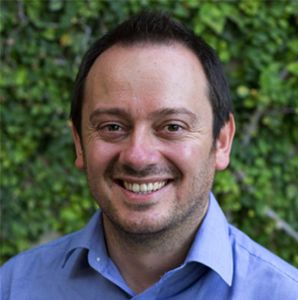
Dr Matt Bishop
Senior Lecturer in International Politics, Department of Politics and International Relations, University of Sheffield-
Speakers
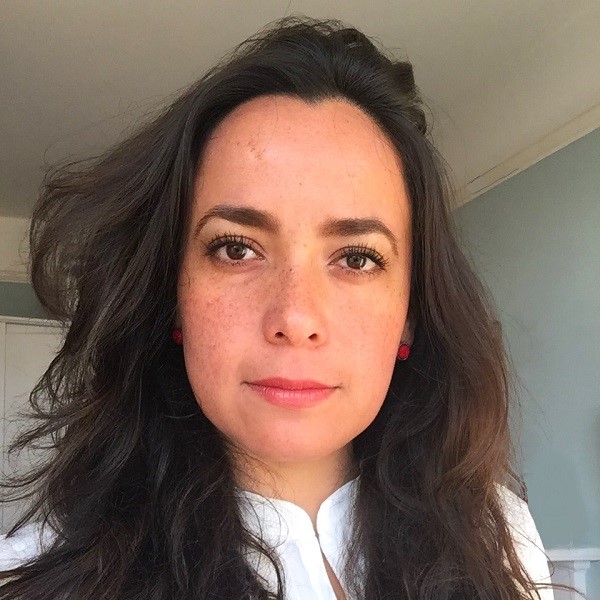
Dr Arely Cruz-Santiago
Research Fellow, College of Social Sciences and International Studies, University of Exeter 
Dr Juan M Diaz Arevalo
Post Doctoral Research Fellow, Department of Politics and International Relations, University of Sheffield
Dr Arely Cruz-Santiago
Dr Arely Cruz-Santiago has worked on a participatory research strategy to jointly create and design, with families of disappeared persons in Mexico, two citizen-led forensic technologies: A data registry of disappearances; and the first DNA database created for, and by, relatives of the disappeared.
Dr Juan M Diaz Arevalo
Dr Juan M Diaz Arevalo undertakes Participatory Action Research (PAR) projects in conflict situations. He is currently involved in two projects: one on historical memory and ‘improbable dialogues’ in post-conflict Colombia; and another that seeks to build local capacities in order to realise ‘territorial peace’.
Dr Sarita Panday
Dr Sarita Panday researches issues of equity and inclusion in maternal and child healthcare among women from marginalised rural populations in Nepal. By using participatory video and participatory policy workshops, this work aims to bridge the gaps between people whose voices are not heard and those delivering healthcare policy.
Dr Julia Downes
Dr Julia Downes’ Salvage project aimed to create knowledge about the lived experiences of harm, violence and abuse in radical activist communities in the United Kingdom. The project used participatory action research and had workshops as a main output to support discussion of how to put our research findings into action.
Henry Staples
Henry Staples is a doctoral candidate researching the experiences of demobilised FARC combatants in Colombia since the 2016 Peace Accords. By examining how they engage with social movements and activists, he seeks to understand how they navigate the post-conflict period and what this means for civil society experiences and reconstitutes processes of peacebuilding.
Tallulah Lines
Tallulah Lines is a feminist researcher on the WRDTP 1+3 pathway with a keen interest in using art and creative methodologies. Her project takes a decolonial feminist, interdisciplinary approach to analyse the political role of art in contemporary feminist activism in Oaxaca.
This training session will be delivered via Blackboard Collaborate.
PLEASE NOTE: Our online training sessions will be recorded and will be available on the VIRE in an edited format for those students who cannot attend. If you wish to join this session but do not wish for your contributions to be included in the edited VIRE resource, please ensure that you select NO when prompted in the online booking form regarding recording.
Hourly Schedule
Session 1: 2.15pm - 3.45pm
- -
- Dr Juan M Diaz Arevelo
- Postdoctoral Research Fellow, University of Sheffield
- -
- Dr Satira Panday
- Global Challenges Research Fellow, University of Sheffield
- -
- Henry Staples
- PhD Candidate, University of Sheffield
Session 2: 4.00pm - 5.30pm
- -
- Dr Arely Cruz-Santiago
- Research Fellow, University of Exeter
- -
- Dr Julia Downes
- Lecturer in Criminology and Social Policy, Open University
- -
- Tallulah Lines
- MA/PhD Student, University of York


